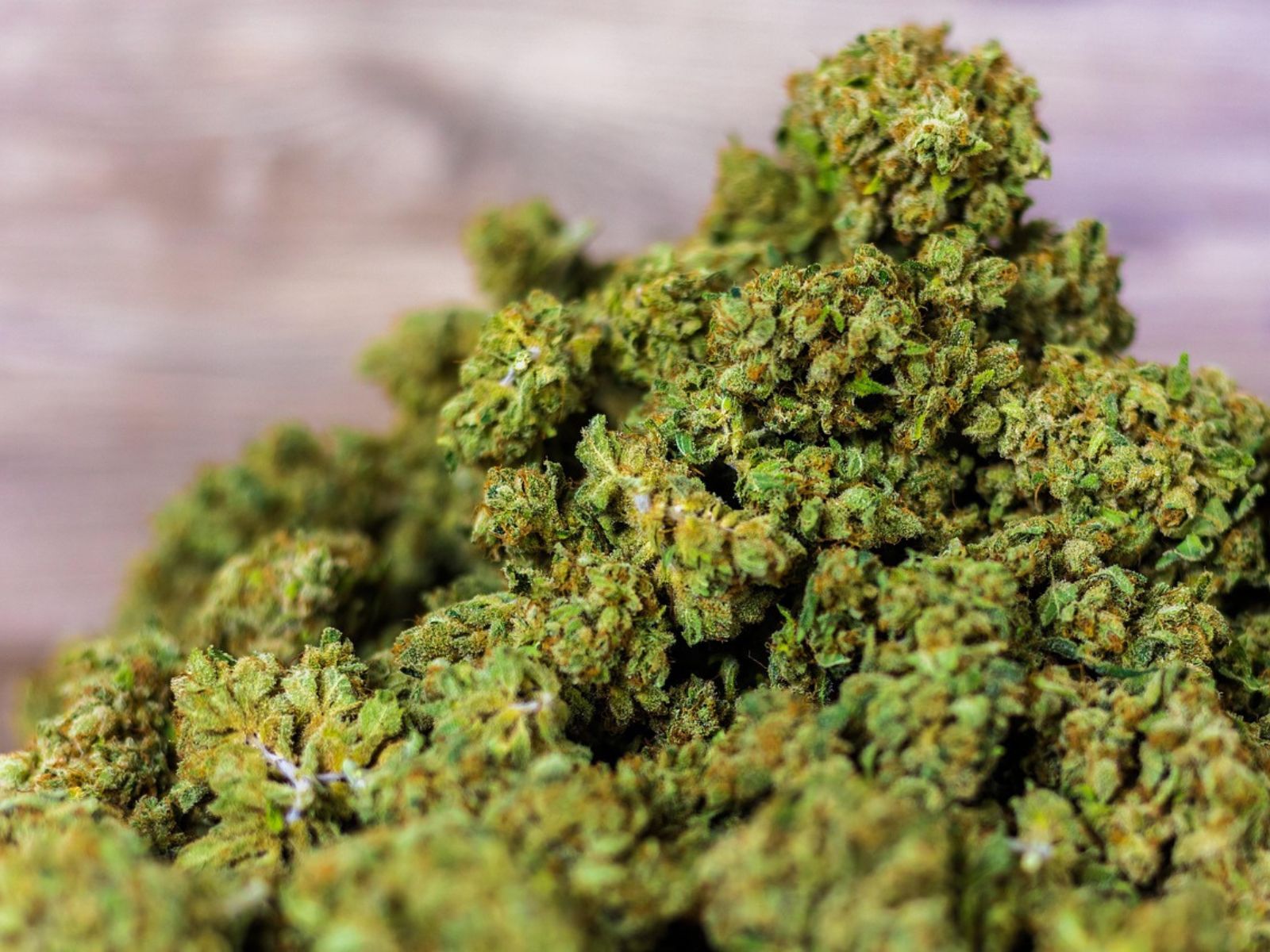
Patients With Rheumatic Conditions Report Substituting Cannabis For Prescriptions

Patients With Rheumatic Conditions Report Substituting Cannabis For Prescriptions
Rheumatic diseases affect suffering patients’ joints, tendons, ligaments, bones, and muscles. Common rheumatic conditions include (but are not limited to) osteoarthritis, rheumatoid arthritis, lupus, gout, infectious arthritis, and polymyalgia rheumatica.
Genetics plays a major role in the potential development of rheumatic conditions. Obesity increases the probability of an individual developing a rheumatic condition. Common treatments for rheumatic diseases include medications, regular exercise, a healthy diet, stress management, and rest. Over 18 million people suffer globally from rheumatic arthritis alone.
A team of researchers in Canada recently conducted a survey and determined that a large number of patients with rheumatic conditions report replacing pharmaceutical prescriptions with cannabis therapies. Below is more information about it via a news release from NORML:
Montreal, Canada: Patients with neuropathy, fibromyalgia, osteoarthritis, and other rheumatic conditions frequently substitute cannabis in place of prescription medications, according to survey data published in the journal Open Neurology.
Researchers affiliated with McGill University in Montreal and the University of Michigan surveyed 763 US and Canadian patients with rheumatic conditions.
Consistent with other studies, 63 percent of respondents reported substituting cannabis products for other medications, including nonsteroidal anti-inflammatory drugs (55 percent), opioids (49 percent), sleep aids (30 percent), and muscle relaxants (25 percent). Following substitution, most participants reported decreases or cessation in their medication use. Respondents typically reported turning to cannabis because it offered “better symptom management” and was associated with “fewer adverse effects.”
Those who substituted medical cannabis in place of other medications reported greater improvements in pain, sleep, joint stiffness, muscle spasm, inflammation, and global health.
“The acceptance of MC [medical cannabis] as a treatment strategy for rheumatic conditions is evolving,” the study’s authors concluded. “These encouraging results of medication reduction and favorable effect of MC require confirmation with more rigorous methods. … Comparative effective clinical trials of MC versus other pain treatments are needed, as are more prospective studies investigating the effects of MC on the use of medications and other substances in rheumatic populations.”
Full text of the study, “Substituting medical cannabis for medications among patients with rheumatic conditions in the United States and Canada,” appears in Open Neurology. Additional information is available in NORML’s publication, Clinical Applications for Cannabis & Cannabinoids.
Share article


Share article
Join Our Awesome Community
Join Our Awesome Community
Join Our Awesome
Community
Get all the latest industry news
delivered to your inbox







